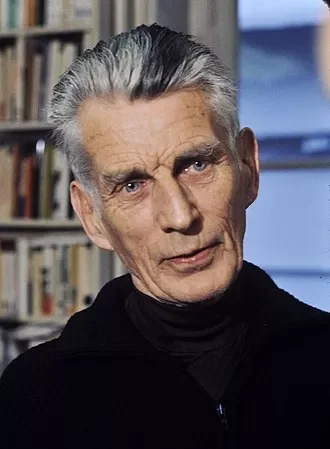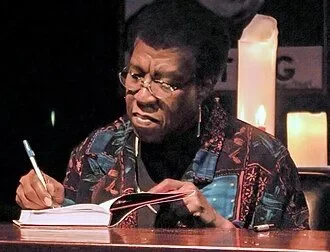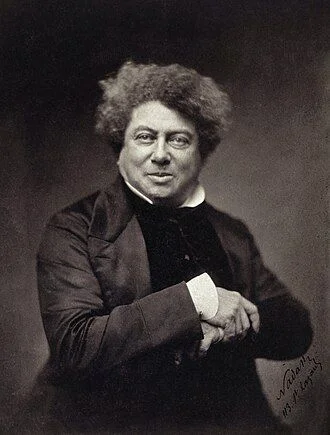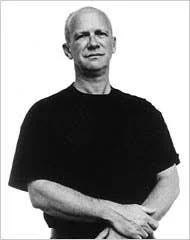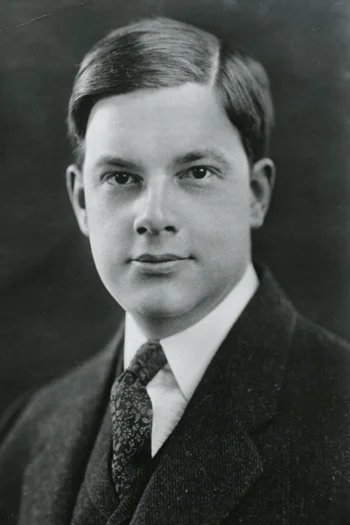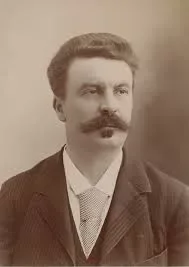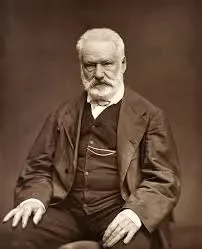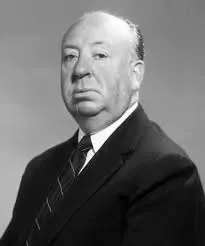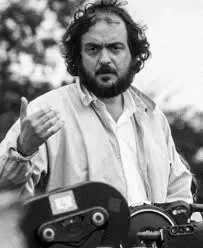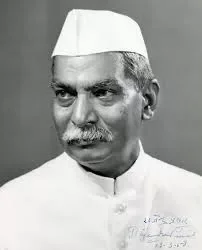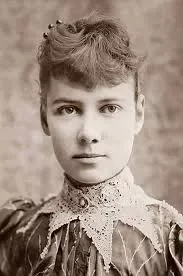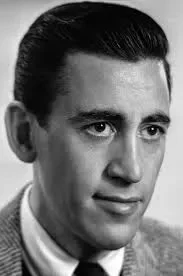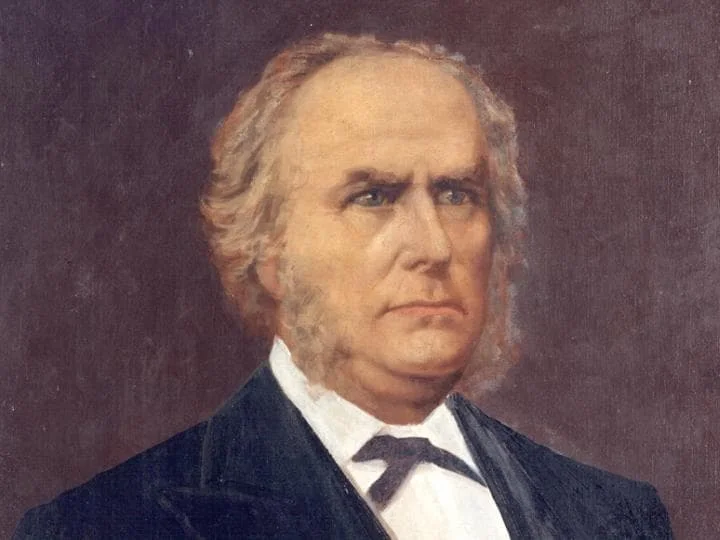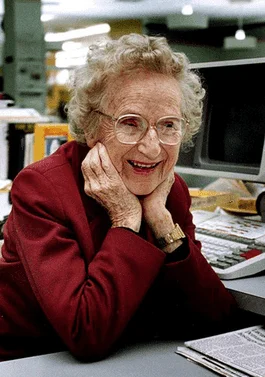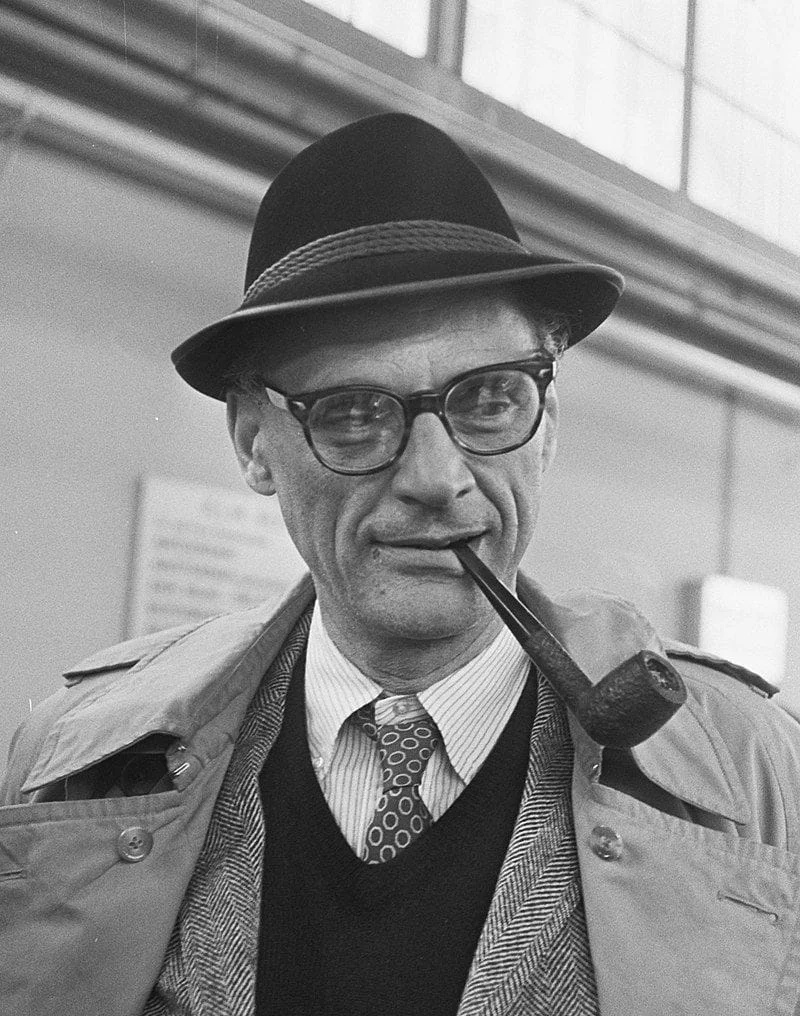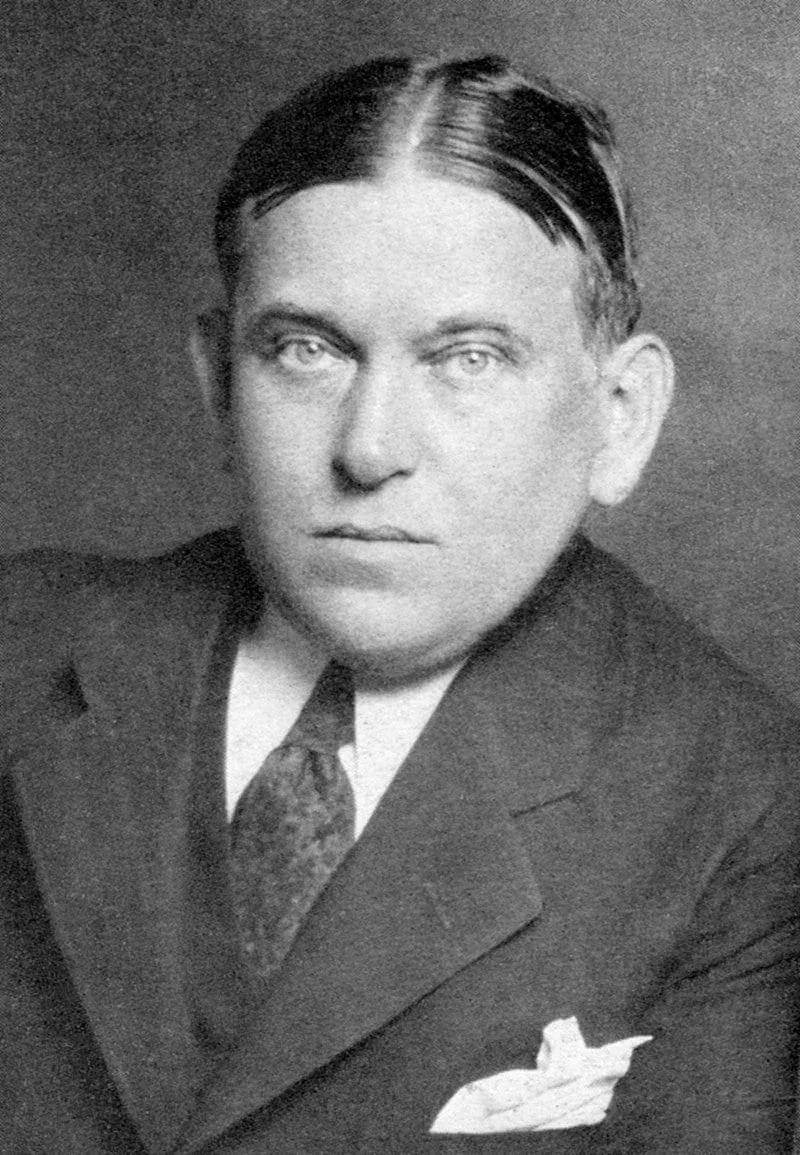Real Celebrities Never Die!
OR
Search For Past Celebrities Whose Birthday You Share
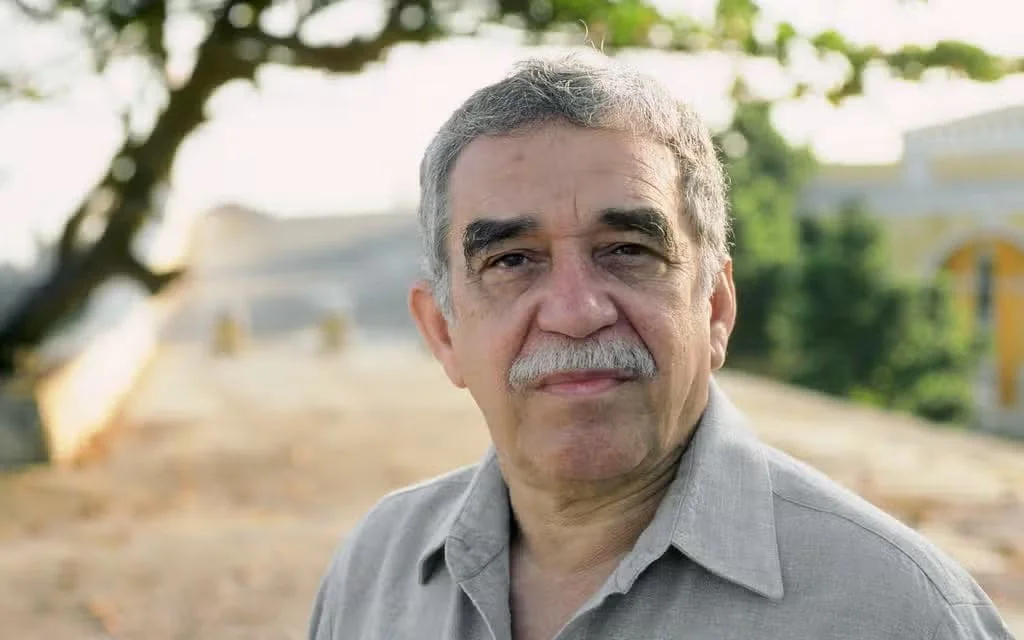
source:.wikipedia.org
Gabriel Márquez
Birthday:
06 Mar, 1927
Date of Death:
17 Apr, 2014
Cause of death:
Pneumonia
Nationality:
Colombian, Mexican
Famous As:
Journalist
Age at the time of death:
87
Gabriel Márquez's Quote's
Early Life and Influences
Few writers have captured the essence of Latin America and its magical realism like Gabriel Márquez, often known as Gabo. Gabriel José de la Concordia García Márquez was born on March 6, 1927, in Aracataca, Colombia. Raised by his maternal grandparents, his early life was steeped in the rich oral traditions of the Caribbean region. The vivid stories and superstitions he grew up hearing played a vital role in shaping his future as a storyteller.
Influence of Magical Realism
Growing up in a town filled with colorful characters and fantastical tales, Gabriel Márquez was immersed in the folklore and magic of his homeland. This unique environment had a profound impact on his literary style, particularly his use of magical realism—a genre that blends the everyday with the extraordinary. These early experiences laid the groundwork for the captivating narratives that would later define his career.
Commitment to Social Justice
Gabriel Márquez’s personal life was marked by a deep connection to his homeland and a strong commitment to social justice. Known for his affable personality and sharp political opinions, he often spoke out about issues affecting Colombia and Latin America. His passion for social reform was evident in both his public life and his writing, as he sought to use literature to advocate for a better world.
Journalistic Beginnings
Gabriel García Márquez began his career as a journalist, working for various newspapers in Colombia and Europe. His time as a reporter greatly influenced his fiction writing. While his stories often contained fantastical elements, his journalistic background grounded them in reality. This blend of realism and fantasy became a hallmark of his work, making his storytelling both relatable and enchanting.
Literary Masterpieces
Gabriel Márquez’s most celebrated work is “One Hundred Years of Solitude” (‘Cien años de soledad’), published in 1967. This masterpiece of magical realism tells the multi-generational story of the Buendía family and is considered one of the most significant achievements in world literature. The novel catapulted García Márquez to international fame, earning him the Nobel Prize in Literature in 1982 for his ‘rich and fantastic storytelling.’
Other Notable Works
In addition to “One Hundred Years of Solitude”, Gabriel Márquez wrote several other notable works. “Love in the Time of Cholera” (‘El amor en los tiempos del cólera’) and “Chronicle of a Death Foretold” (‘Crónica de una muerte anunciada’) are both acclaimed for their exploration of complex themes like love, honor, and death. His ability to weave intricate narratives that combined the fantastical with the real left a lasting impact on global literature.
Legacy and Passing
Gabriel García Márquez passed away on April 17, 2014, in Mexico City. His literary legacy continues to captivate readers around the world. Through his remarkable use of magical realism and his commitment to social justice, García Márquez forever changed the landscape of Latin American literature. His works remain an enduring testament to the power of storytelling in shaping culture and society.
Name:
Gabriel Márquez
Popular Name:
Gabriel Márquez
Gender:
Male
Cause of Death:
Pneumonia
Spouse:
Place of Birth:
Aracataca, Colombia
Place of Death:
Mexico City, Mexico
Occupation / Profession:
Personality Type
Advocate: Quiet and mystical, yet very inspiring and tireless idealists. He was mystical person with strong social commitments.
Influence of Grandparents: Raised by his maternal grandparents, García Márquez was deeply influenced by their storytelling and the oral traditions of the Caribbean. These early experiences shaped his narrative style and the fantastical elements present in his works.
Literary Legacy: Apart from the Nobel Prize in Literature, García Márquez's impact on the literary world is reflected in the enduring popularity of his works. His novels continue to be studied in academic settings, and his influence can be seen in the works of many contemporary authors.
Magical Realism Pioneer: García Márquez is often credited with popularizing magical realism, a literary genre that blends magical elements with the real world. This distinctive style, characterized by the seamless integration of fantastical events into everyday life, became a hallmark of his work.
Political Engagement: García Márquez was actively engaged in political and social issues. He supported left-wing causes and was friends with prominent political figures like Fidel Castro.
Neustadt International Prize for Literature 1972
Nobel Prize in Literature 1982

